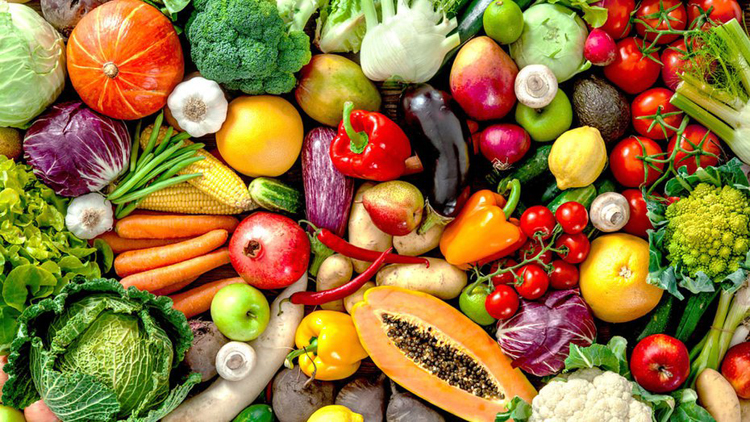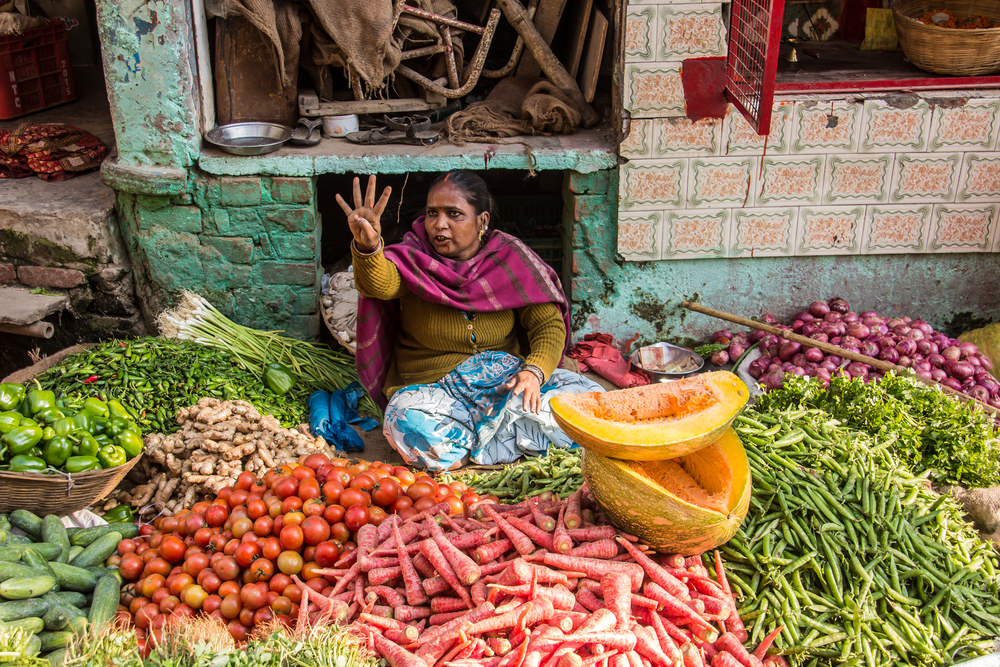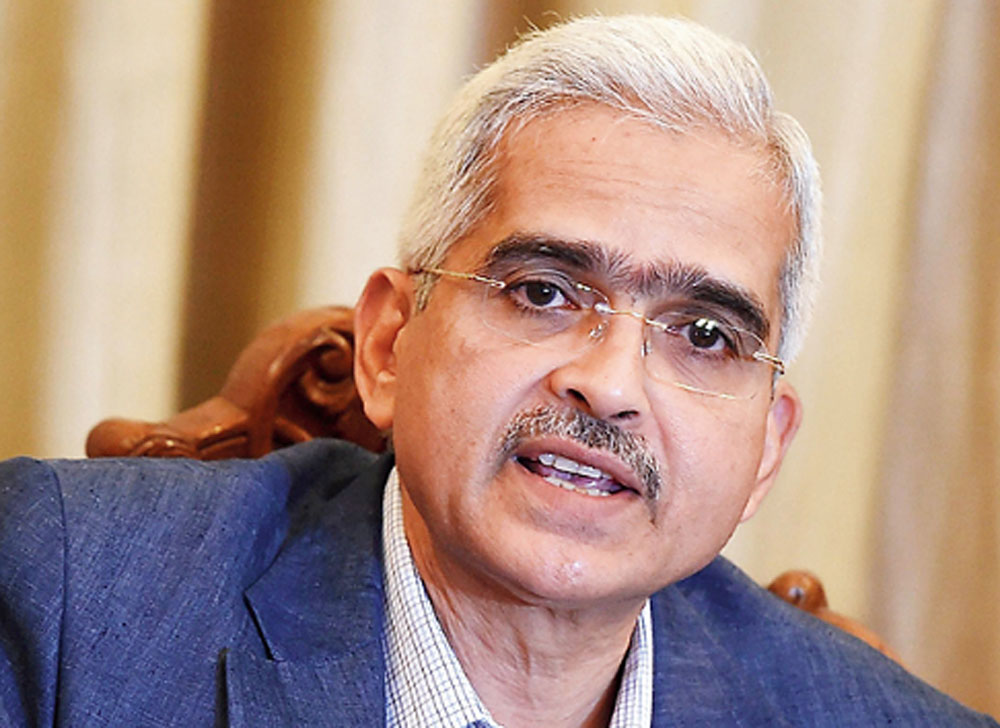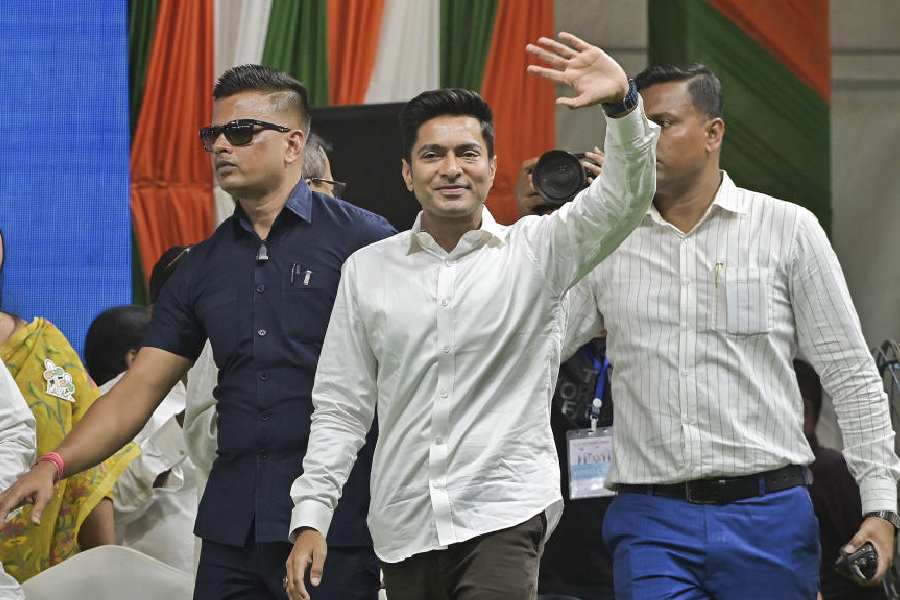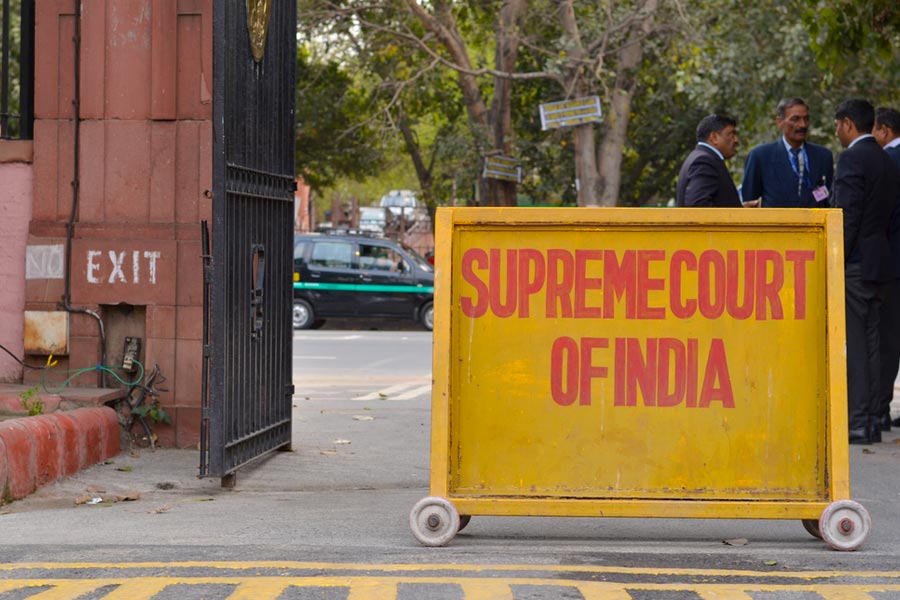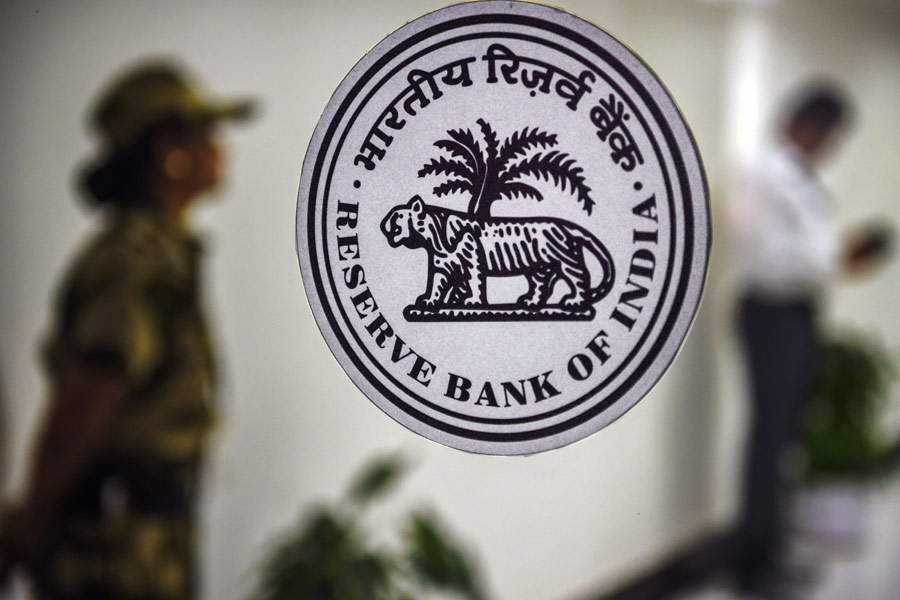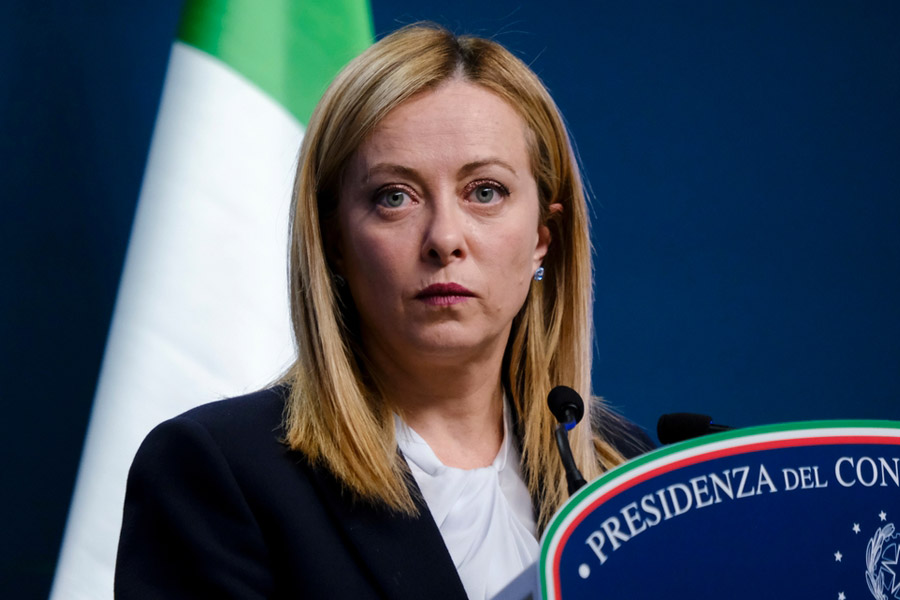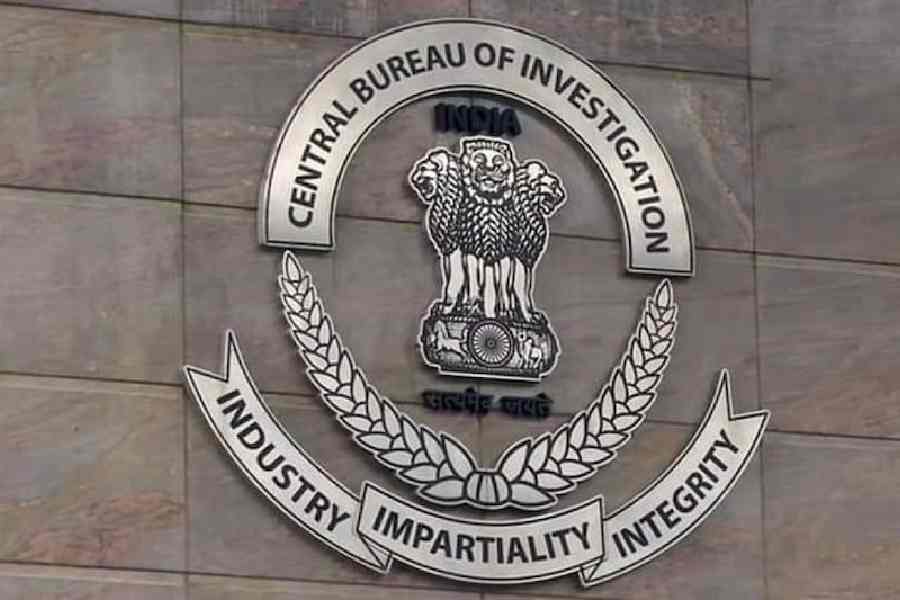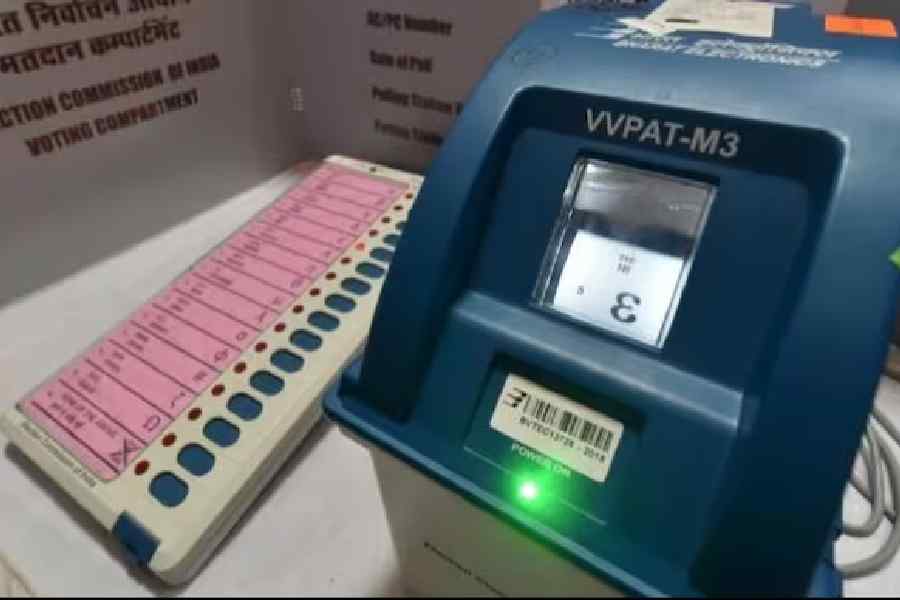Political battles that are on the verge of splitting the nation seem to have shrouded the festering sores in the economy. The decline in the rate of growth of the gross domestic product continues unabated. The Reserve Bank of India has put a temporary halt to cuts in policy rates since retail inflation measured by movements in the consumer price index has crossed the 4 per cent medium-term target. Food and fuel price inflation is going up, while the core inflation measured by the more stable industrial prices is going down, implying sluggish demand. The CPI has hit a 16-month high at 4.62 per cent this October, up from 3.99 per cent in September 2019. On a year-on-year measure, the CPI was much lower at 3.38 per cent last year during October. Food price inflation was at 7.89 per cent in October this year, up from 5.1 per cent in the previous month. Fuel and power price inflation stood at 14 per cent in October 2019. The price rise of pulses was 11.7 per cent in October, up from 8.4 per cent in September. Vegetable prices rose by 26 per cent in October; this was more than double the figure of 11.4 per cent in September 2019. Core inflation declined to 3.47 per cent in October from 4 per cent in September this year. The index of industrial production has been shrinking rapidly. It has fallen from a growth of 1.3 per cent in June this year to a contraction of 4.3 per cent in September. There has been a further contraction of 3.8 per cent in October. This shrinking of output has been observed in all sectors, including manufacturing, mining and electricity generation. The recent data reveal the early signals of stagflation where output contraction is combined with a period of rising inflation.
This is not a cyclical decline, expected to be followed by a turnaround. The malaise is structural in nature. One strong reason for this conjecture is that the economy failed to pick up during the festive season of September and October. The Bharatiya Janata Party-led government at the Centre has very little fiscal space for short-term policy interventions. There is an urgent need to put the financial sector in order. Massive investments are needed in education and health if the nation is to have a work force fit for tomorrow’s challenges. There is a freeze in the business community arising from the fear of a maverick government which seems to understand very little about economic management. It will not be easy to get out of this economic mess.

